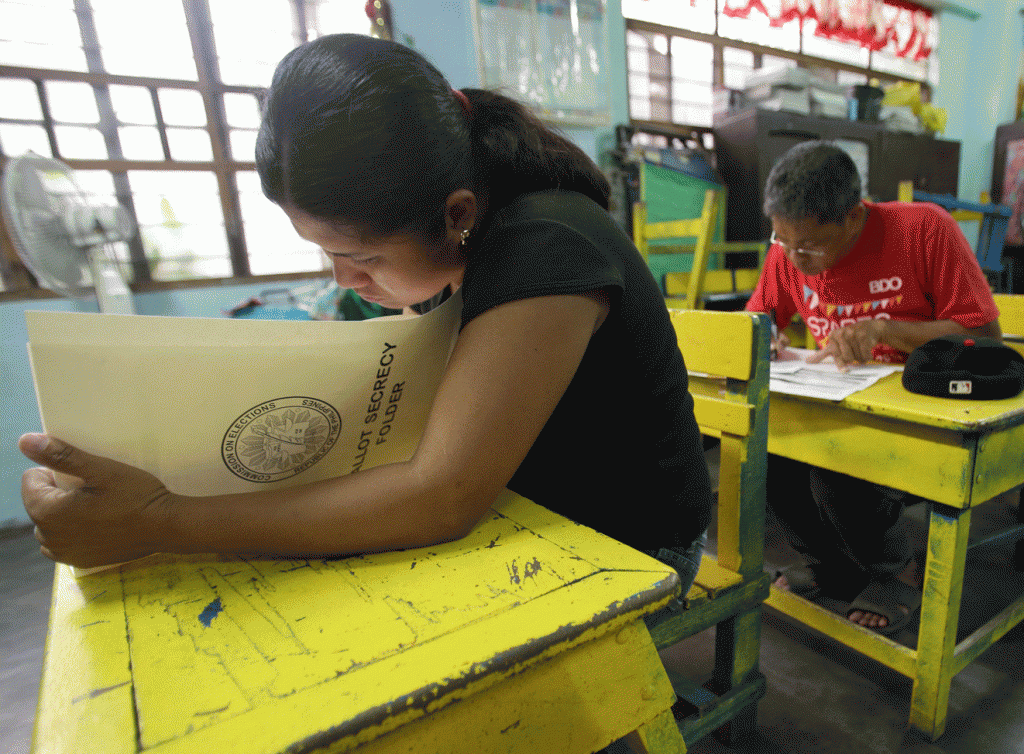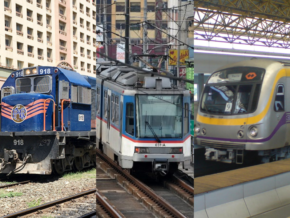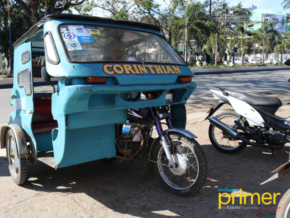Guide to Philippine National Elections
Election season is hard to miss in any country, especially the Philippines. You may know how to vote and how elections normally go, but things are a bit different in our country.

Foreigners will most likely get lost with everything that will happen before, during, and after the elections, so here are a few things to keep in mind whenever you hear your Filipino friends talking about it:
1. There is an election once every three years. There are two types of elections in the country: the National Elections (Presidential) and the midterm (senatorial) elections. Both happen once every six years, with a three-year gap in between. Hence, a nationwide election every three years.
2. Political parties exist, but are not really relevant. They act as a vehicle to get votes for a candidate; a means to an end. It is hard to find a candidate that has been with the same party for more than two national elections.
3. Political dynasties are embedded in the elections. In almost every election, someone with a well-known political name somehow finds their way to an elected position. The most common names you’ll hear are Aquino, Angara, Enrile, Cojuangco, Escudero, and Binay, to name a few. Each province also has at least one political family. This ties into the next item,
4. People vote for names. This sentence may sound weird, but there is logic behind it. People tend to vote for someone just because they are popular. While there are voters who look at platforms and policies, with the way Philippine politics works, you’re more likely to win if people know you (or someone related to you) by name. This means it really doesn’t matter if you’re not from a political family. As long as you’re popular, you stand a chance of winning.
5. A party list is different from a political party. Party lists are parties or organizations that want to have a seat in congress. They usually represent marginalized groups, but some represent movements or groups that espouse a certain ideal.
6. Campaign sorties can and will happen anywhere. Thanks in large part to lack of infrastructure and open spaces, political campaign sorties can be held almost anywhere in the country – even on major roads. These sorties usually involve some sort of song and dance number from either a performer they invited or the candidates themselves.
7. There are no losers in Philippine elections. It’s often used as a joke, but it still has a bit of history behind it. After all the votes have been cast and counted, and the winners announced, you will not find a time in the history of the Philippines when the losing candidate did not say he/she was cheated. That’s why it’s common for Filipinos to say “there are two kinds of candidates in Philippine elections: the winner and the one who was cheated.”
The Philippine National Elections may happen once every six years but is always filled with a lot of interesting stories.
Sources: ABS-CBN News, Rappler













